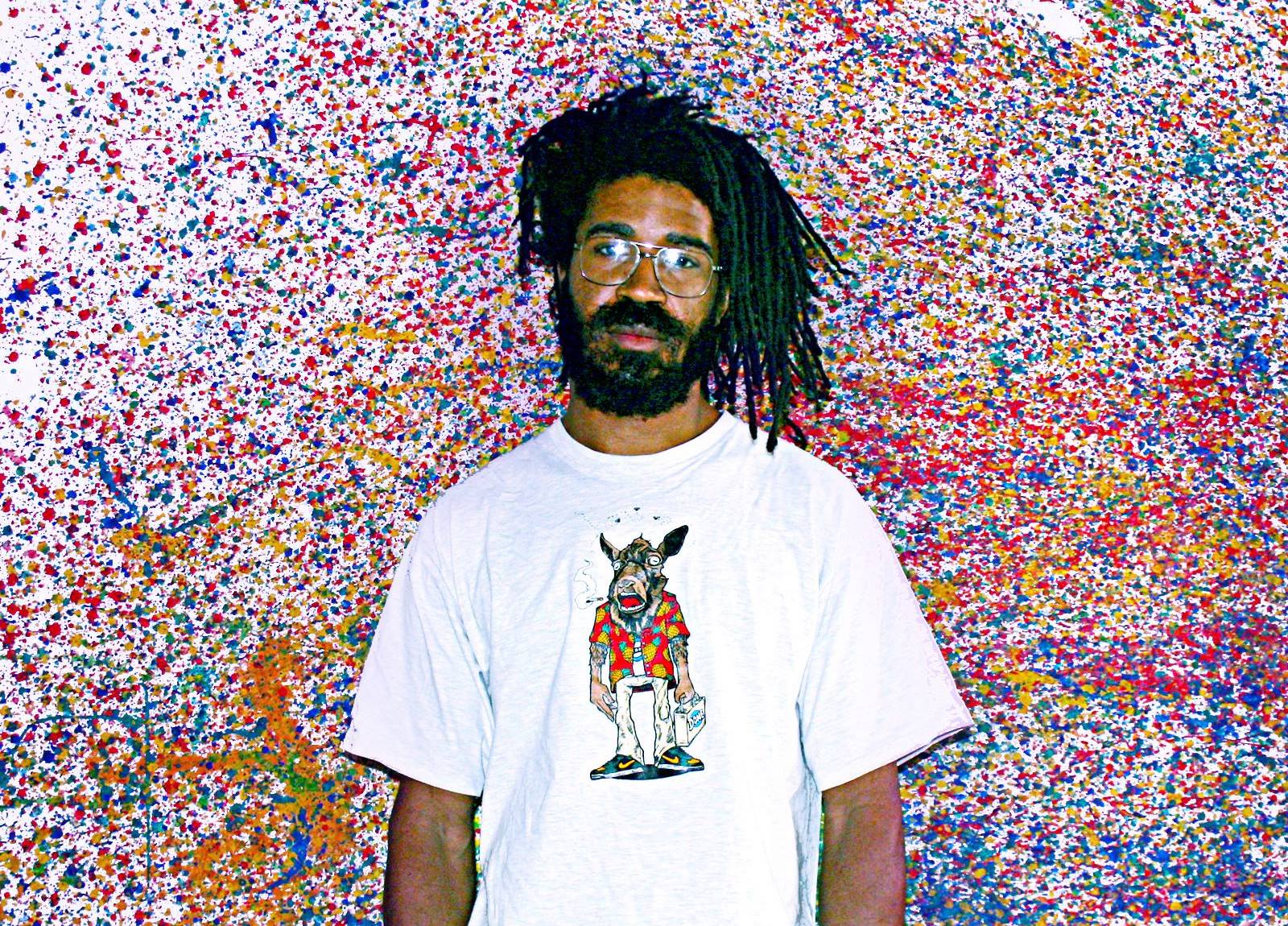The industry, like everything else, was completely paused by lockdown. It impacted the operation at the rehearsal space I run, The Room studios. It meant there was no HQ for the community to come together, hang out and work, which is so important to musicians. It meant we had to start looking at ways to develop our business for online.
Reuniting the community digitally was the priority. Streams going out on the likes of Instagram live can only do so much, so we were researching how to capture a jam session while allowing it to be held remotely without sacrificing the quality. We started doing the Isolationcy sessions, virtual jams that used the expertise of our community to help artists who might not have access to the gear they would get in a studio. People were really into it, and it gave us insight into what’s possible within the limitations of the crisis.
Things were already tough for DIY artists, now you can add the pandemic to that
There were all these technological hurdles that we had to address and having to rely on social media giants to stream content was a problem. We created Behind the Notes TV, an alternative platform for artists who want to do live performances and earn a living while they can’t tour. We’re a team of musical directors, producers, front-of-house experts and web developers, we have all the knowledge needed to put across great live shows. So we created our own infrastructure, letting artists go direct to the fans on a pay-per-view basis. The artist can do their thing instead of spending their time worrying when they’ll make money from a live show.
We have to find ways to make the digital environment more interesting and more malleable for creative industries. We’re inviting artists into The Room to livestream their gig – it’s a big space so distancing isn’t an issue. They have access to 4K-quality cameras and there are people on our team who can shoot in a more cinematic way than you can with a smartphone and social media account. We use green screens and multi-shots of everyone to upscale the production value of it. It’s about housing artists and giving them the freedom to create their own thing.
Rich artists can do whatever they want. Things were already tough for DIY artists, now you can add the pandemic to that. There’s this idea that there’s no working class in music any more. We’re listening to that concern and we know not every artist has a label who can sort these things out for them. This puts the resources and power back in their hands, even if they can’t get in front of a live audience yet.









